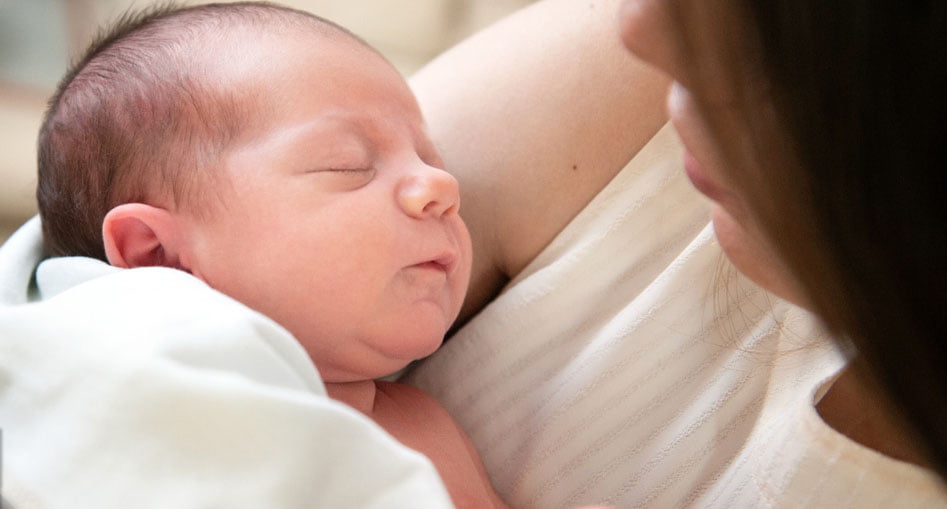
Establishing legal custody for a newborn baby can be an emotionally challenging and legally complex process. There is not a set standard of custody agreements for newborns, rather a range of factors the court takes into consideration when determining the best outcome for everyone involved. The court examines both parents’ connection to the child, their history of caregiving, voids in the relationship that need to be filled by one parent more than another, and more. Here, we’ll take a look at these factors and what parents should consider when planning for their newborn’s future.
Designating a Primary Caregiver for a Newborn
It can be emotionally challenging for any parents not to have full access to their young child. However, designating what’s known as a primary caregiver is typically the best solution for the infant. Broadly speaking, the primary caregiver is who the baby will live with and who will have primary responsibility for raising them over time. Ideally, parents should ensure their agreement allows ample opportunities for contact between both parties and secure sufficient resources for the designated custodian, in case any issues arise.
Exploring Options for Shared Parental Responsibility After Birth
Depending on where you live, state and local governments may offer different regulations for shared parental responsibility, ranging from legal agreements to verbal understandings between parents. While shared parental responsibilities are negotiable, it is key to remember that for the sake of the newborn, a primary caregiver will still likely be necessary. This is where things get tricky, especially for parents who feel like they are being denied access to their child. Ultimately though, it’s in the interest and safety of everyone involved if the infant is not pulled back and forth between homes too often.
That’s why as soon as possible, parents in this situation should begin…
Establishing a Joint Custody Agreement
The process of navigating custody for a newborn is far less traumatic when parents take the time to discuss their issues and craft a joint agreement. Devising an effective plan can provide much greater peace of mind for both parents and children by streamlining decision-making on issues ranging from who gets primary physical custody to what type of visitation rights are included. Joint custody agreements also ensure that both parents stay actively involved in raising their child, providing huge benefits such as increased financial stability, emotional support, family loyalty, and more.
Call Creative Family Solutions, Cianci Law, PC Today
The goal of any custody agreement should be to ensure a safe and secure environment for the baby while also promoting collaborative parenting practices and healthy parent-child relationships. Developing an effective joint custody agreement can take time, as it requires an understanding of each parent’s strengths, capabilities, and limitations. Fortunately, our family law professionals at Creative Family Solutions, Cianci Law, PC can offer guidance to help make sure that both parents are aware of their rights and obligations when it comes to shared parenting philosophies. From divorce and appeals to child custody and support, our experienced team is here to serve you every step of the way.
Dial (916) 797-1575 or send us a message online.
Request a Consultation
Fields marked with an * are required


